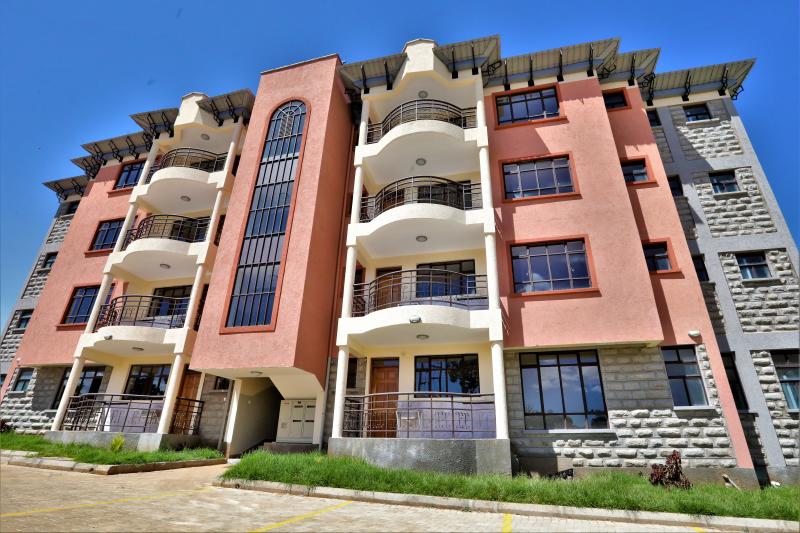×
The Standard e-Paper
Stay Informed, Even Offline

Nanyuki has always sat forlornly at the armpit of Mt Kenya. The seat of Laikipia County, sandwiched between Meru and Nyeri counties, has for a long time been a slow moving town, the poor cousin to the neighbouring opulence of five-star resorts and ranches.
This is, however, changing with a burst of growth buoyed by renewed interest in the area. It is today one of the few towns, outside than Nairobi and Mombasa, with a thriving real estate market.